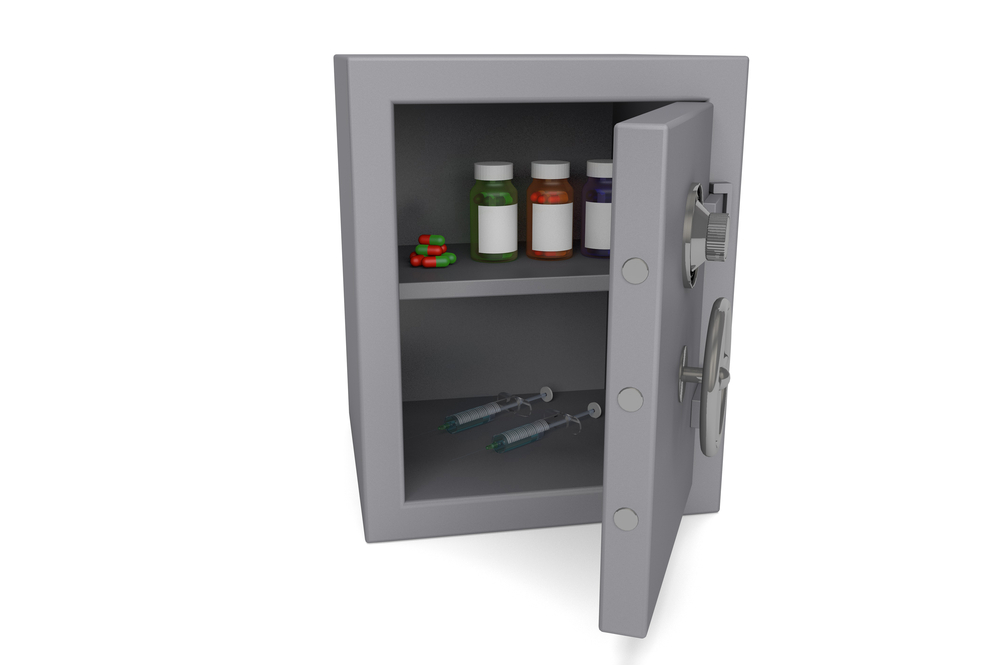Alkeran-based 4-drug Combo Gives Excellent Outcomes in Myeloma Patients Undergoing Transplants

A combination treatment of four drugs including the chemotherapy agent Alkeran (melphalan) gives excellent short-term outcomes in multiple myeloma patients who undergo stem cell transplants, a recent study found.
Researchers emphasized, however, that randomized clinical trials with long-term follow-ups are needed to clearly demonstrate that this approach is better than the current pre-transplant treatment with Alkeran alone.
The study, “VTD-melphalan is well tolerated and results in very high rates of stringent CR and MRD-negative status in multiple myeloma,” was published in the journal OncoTargets and Therapy.
High-dose Alkeran has been used as the standard treatment for decades in myeloma patients who undergo autologous stem cell transplants. Although earlier studies showed that the effectiveness of the treatment was not improved when given in combination with various other drugs, lab data suggested that new drugs could work in synergy with Alkeran.
Researchers at the Holden Comprehensive Cancer Center at the University of Iowa Hospitals and Clinics explored the outcomes of myeloma patients who had been treated with a combination regimen in which Alkeran was combined with the drug Velcade (bortezomib). Thalomid (thalidomide) and dexamethasone were also added to the combination.
The study included 100 patients who received 153 transplants, of which 53 were so-called tandem transplants. The group was composed of 64 patients receiving early transplants, while the remaining 36 had salvage procedures.
The study showed that six months after the transplant, 56% of patients had achieved what is known as a stringent complete remission or response, which includes more criteria than a complete remission (20% achieved a complete remission). Also, 85% tested negative for minimal residual disease, measured by analyzing the presence of cancer cells in the bone marrow.
Importantly, the toxicity of the treatment was not significantly greater than that commonly seen in patients treated with Alkeran alone. In addition to the effects on blood cell counts, more severe side effects mostly had an impact on metabolism and nutrition, or gave rise to gastrointestinal problems and infections.
After 100 days, four of the patients had died. The mortality rate was lower among those receiving early transplants compared to salvage treatment — 1.8% and 4.5%, respectively, in the two groups.
Researchers did not note any differences in the quality of the response among patients with early and salvage transplants, or between those receiving single or tandem transplants.
The true impact of pre-treatment for stem cell transplants is not seen until about seven to 10 years after the transplant, when overall survival with a good quality of life can be assessed. Therefore, studies of new treatment approaches need to use surrogate measures.
Stringent complete remission together with the absence of minimal residual disease have been shown to be good proxies for long-term survival, but additional studies are needed to verify whether the combination approach is superior to the current standard treatment.






